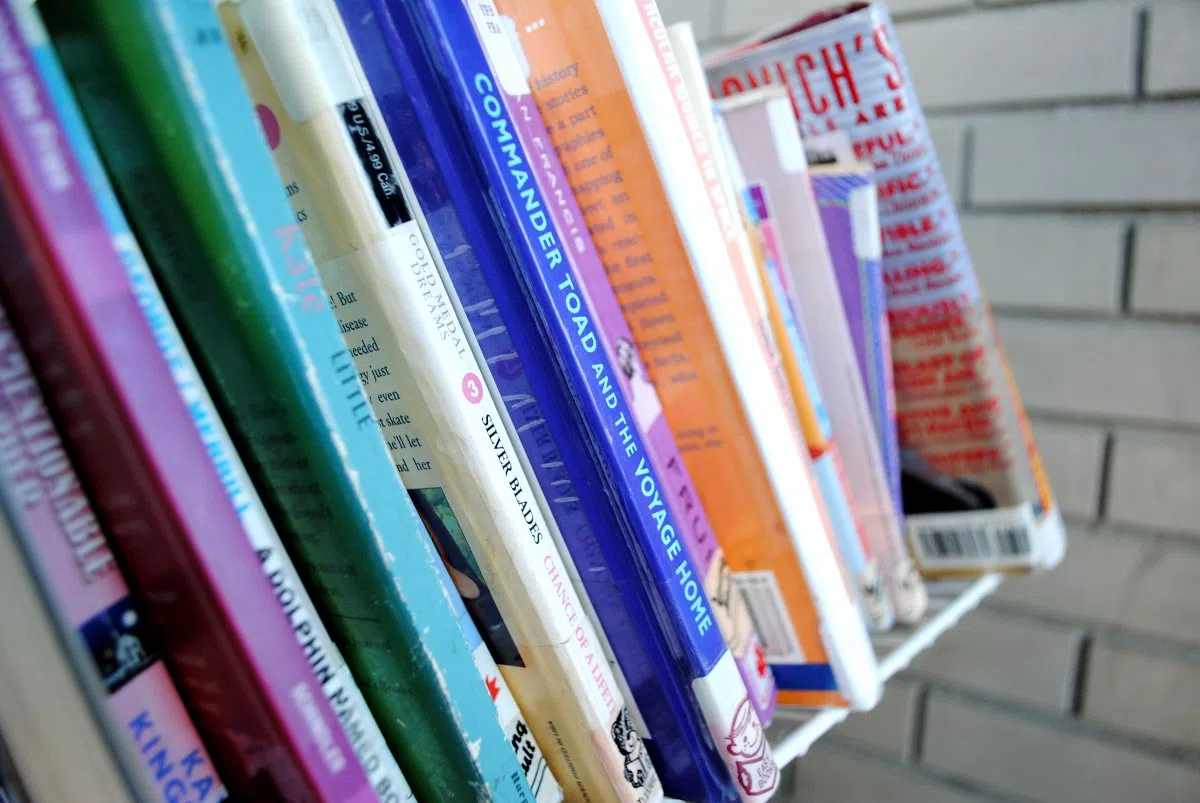
Program aims to support young people with cognitive disabilities
Having a mentor could mean a world of a difference to young who are faced with a cognitive disability.
With this in mind, the provincial government developed the Cognitive Disabilities Strategy to help those with behavioural and developmental challenges of all ages. Programs exist in many centres around the province, including Prince Albert. Prince Albert’s version of the strategy focuses on those aged seven to 25 and looks at new ways to help these individuals through mentorship programs.
“That approach was, you know, very strength based, person centered, to focus on individuals and realizing that just because an individual may have a similar disability to other individuals in the community, their needs might be very different,” said Mark Zulkoskey, the mentorship co-ordinator for the Cognitive Disability Community Integration Program in Prince Albert.
Zulkoskey is hoping to mirror Regina’s strategy, which he said has been to “focus on the person as opposed to the disability.”


